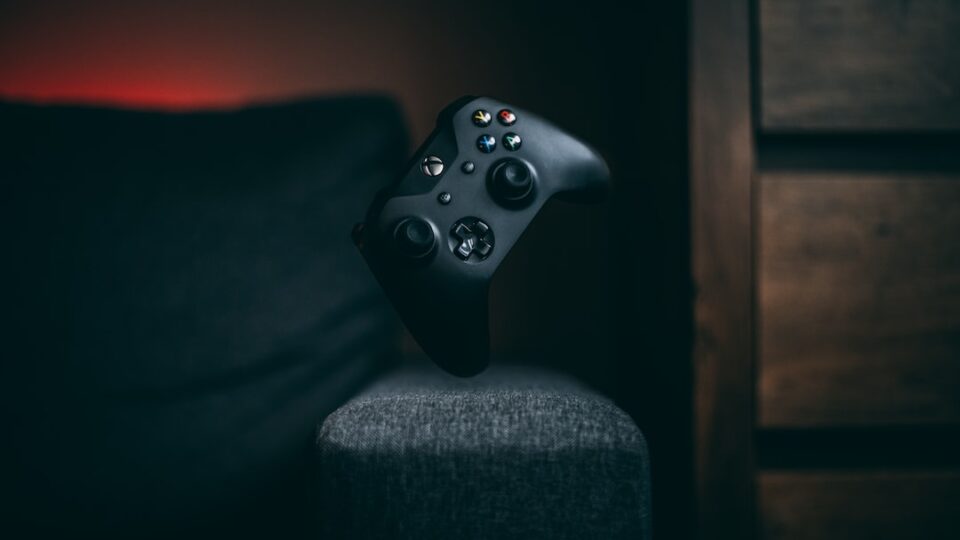Are you an avid gamer who is looking to upgrade your gaming experience without breaking the bank? Building your own gaming PC on a budget can be a fun and rewarding project that allows you to customize your machine to meet your exact needs. In this blog post, we will discuss the steps you can follow to build your own gaming PC without spending a fortune.
1. Set a Budget
Before you start assembling your gaming PC, it is essential to determine your budget. By having a clear idea of how much you are willing to spend, you can make informed decisions on the components you need to prioritize. Remember that you can always upgrade certain parts in the future, so it’s okay to start with a basic setup.
2. Research and Compare Components
Do your research to find the best value for your money when it comes to components. Look for reputable brands and read reviews to ensure you are investing in reliable and efficient parts. Compare prices from different retailers to find the best deals and don’t be afraid to consider slightly older models as they often come at a lower price point but still provide excellent performance.
3. Determine Your Needs
Consider the type of games you usually play and the system requirements they have. This will help you determine the power and performance you need from your gaming PC. It’s essential to strike a balance between your budget and meeting the requirements of the games you love to play.
4. Start with the Basics
When building a gaming PC on a budget, focusing on the essentials first is crucial. Invest in a good processor, sufficient RAM, a reliable power supply, and a graphics card that can handle your desired games. These components will significantly impact your gaming experience.
5. Choose a Compatible Motherboard
Ensure that the motherboard you choose is compatible with the processor and other components you plan to use. Compatibility issues can cause system errors and hinder performance, so it’s essential to double-check before purchasing.
6. Consider Used or Refurbished Parts
If you are working with a tight budget, consider purchasing some components as used or refurbished. Ensure that the seller has a good reputation and offers warranty or return options. Buying used parts can save you a significant amount of money while still providing a solid gaming experience.
7. Expand Storage Gradually
To save money initially, start with a smaller-sized solid-state drive (SSD) for your operating system and essential games. You can always add more storage later as your budget allows. An external hard drive can be an affordable option to expand your storage capacity.
8. Pay Attention to Cooling
Overheating can significantly impact your gaming experience and potentially damage your components. Make sure you invest in proper cooling solutions such as fans or a liquid cooling system, especially if you plan to overclock your processor.
9. Don’t Forget about Peripherals
When planning your budget, allocate funds for peripherals such as a gaming keyboard, mouse, and monitor. These may not directly impact your PC’s performance, but they can greatly enhance your gaming experience.
Building your own gaming PC on a budget is a rewarding experience that allows you to tailor your machine to your exact needs. By setting a budget, researching components, and prioritizing essential parts, you can create a gaming PC that provides excellent performance without breaking the bank. Start your journey into the world of PC gaming today!

